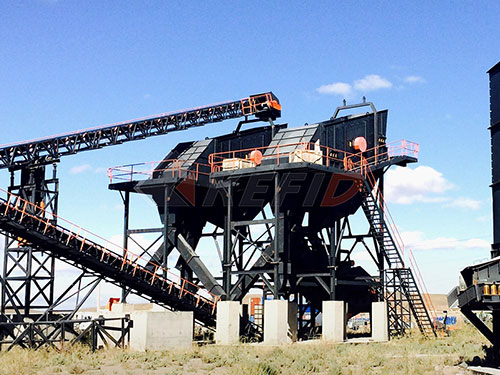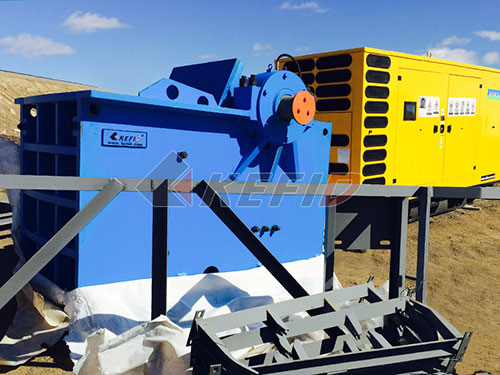Beyond the Kernel: Unleashing Flavor Potential with the Phil Mill Grain Crusher
For centuries, humans have understood that unlocking the potential within grains requires breaking them down. From ancient querns to industrial roller mills, the quest for efficient extraction of sugars and flavors has driven innovation. For modern homebrewers seeking unparalleled control over their craft beer’s foundation – and indeed for distillers and bakers pursuing similar goals – precision grain crushing is paramount. Enter the Phil Mill Grain Crusher: not merely a tool, but an engineered solution designed to transform whole grains into perfectly prepared grist consistently and reliably.
The Critical Role of Crushing
Before delving into the specifics of the Phil Mill itself, understanding why precise crushing matters is essential:
1. Extraction Efficiency: Malted barley kernels contain starches encased within a husk and endosperm structure. Crushing fractures these kernels optimally:
Exposing Starch: Creates surface area for enzymes during mashing.
Preserving Husk Integrity: Minimizes shredding husks which can lead to tannin extraction (causing harshness) and lautering problems (stuck sparges).
Consistent Particle Size: Ensures uniform hydration and enzymatic conversion throughout the mash.
2. Flavor Development: Improper crushing – too fine leading to stuck sparges/extraction issues or too coarse resulting in poor efficiency – directly impacts wort composition and ultimately beer flavor clarity.
3. Process Control & Predictability: Consistent crush = consistent efficiency = predictable gravity readings = reliable recipes.

The Pain Points of Home Milling
Many homebrewers start with pre-crushed grains from their local shop or online retailer. While convenient, this sacrifices freshness (flavor degradation occurs faster once crushed) and control over crush size tailored to specific equipment (e.g., BIAB vs traditional mash tun). Moving to milling at home presents its own challenges:

Cheap Corona-Style Mills: Often frustratingly inconsistent grind requiring multiple passes; prone to shredding husks; difficult adjustment mechanisms; significant effort required.
Entry-Level Roller Mills: Can suffer from flimsy construction causing flexing rollers leading to uneven gaps; plastic components prone to wear; limited hopper capacity; cumbersome adjustment systems.
Lack of Durability: Inferior materials lead to premature wear on rollers or bushings/bearings.
Inconvenience & Mess: Poor ho

Leave a Reply